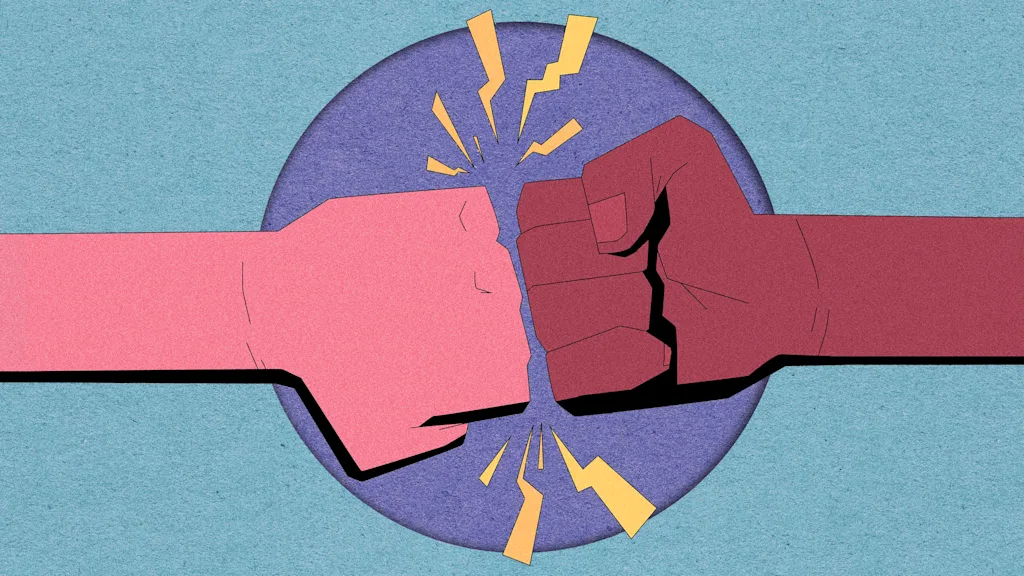
"Most business advice tells you to avoid making enemies. I'm here to tell you the opposite: if your brand doesn't have an enemy, you're doing it wrong. This isn't to suggest you need to create conflict for conflict's sake. But there's power in opposition. When you stand so clearly for something that you inevitably stand against something else, you create clarity. And in this very cluttered marketplace, that clarity isn't just helpful, it's essential for survival."
"The numbers prove it: distinctive brands see a 62% higher ROI than campaigns that lack distinctiveness. That's no small difference between being remembered and being forgotten. Distinctive brands put a stake in the ground and say, "This is who we're for," whether through visuals, tone, or messaging. Brands chasing universal appeal usually sand off their edges and end up forgettable. The companies that break through today aren't the ones avoiding conflict. They're the ones brave enough to pick a side and fight for it."
Brands that adopt an opposing stance create clarity by defining what they stand for and what they stand against. Universal appeal tends to produce mediocrity, leaving brands perceived as merely 'fine' rather than memorable leaders. Distinctive brands achieve substantially higher ROI—about 62% more—by staking a clear identity through visuals, tone, and messaging. An enemy for a brand is philosophical rather than competitive: an ideology, mindset, or worldview to challenge that galvanizes audiences and clarifies purpose. Taking sides leverages human tribal psychology and helps brands become integral to customers' identities.
Read at Fast Company
Unable to calculate read time
Collection
[
|
...
]